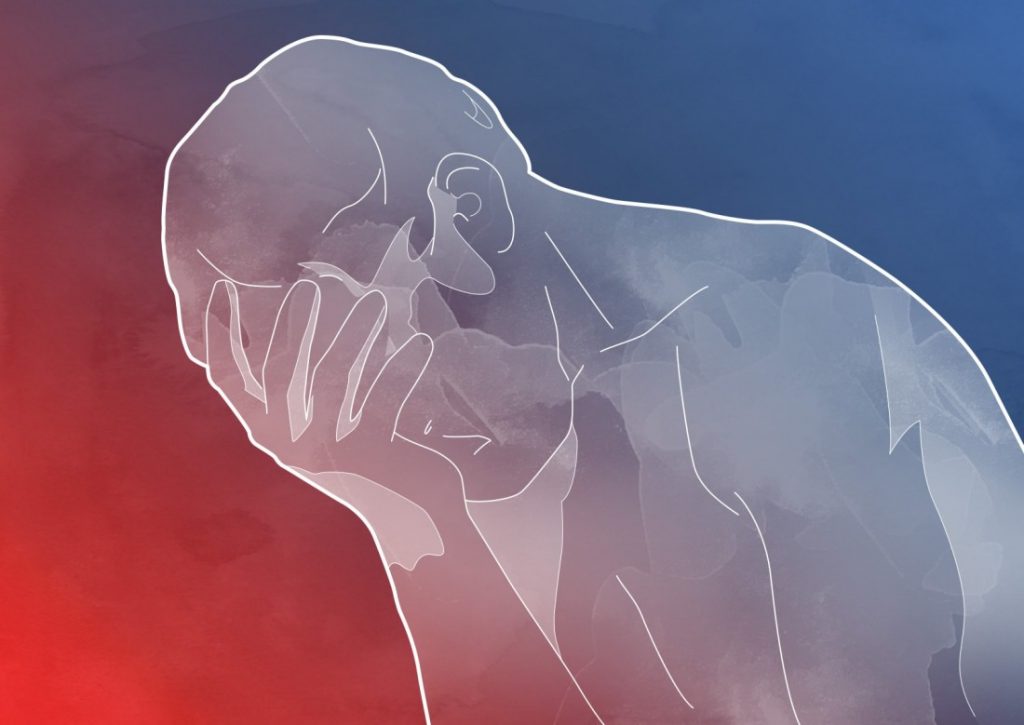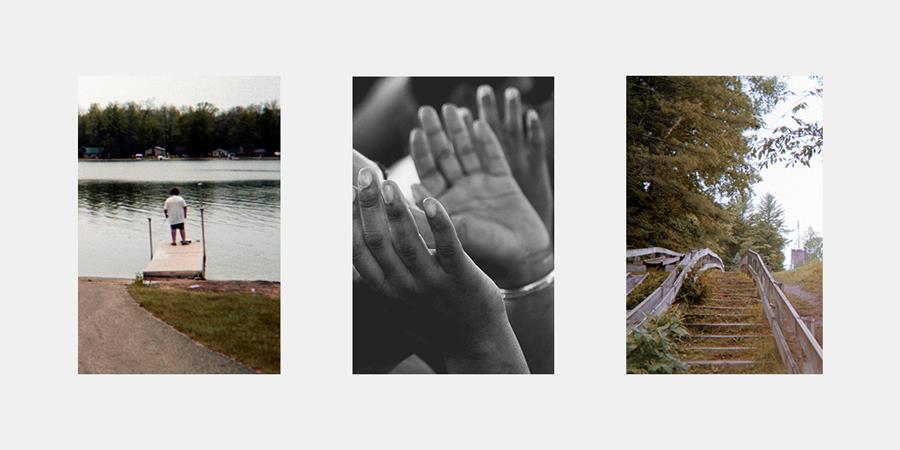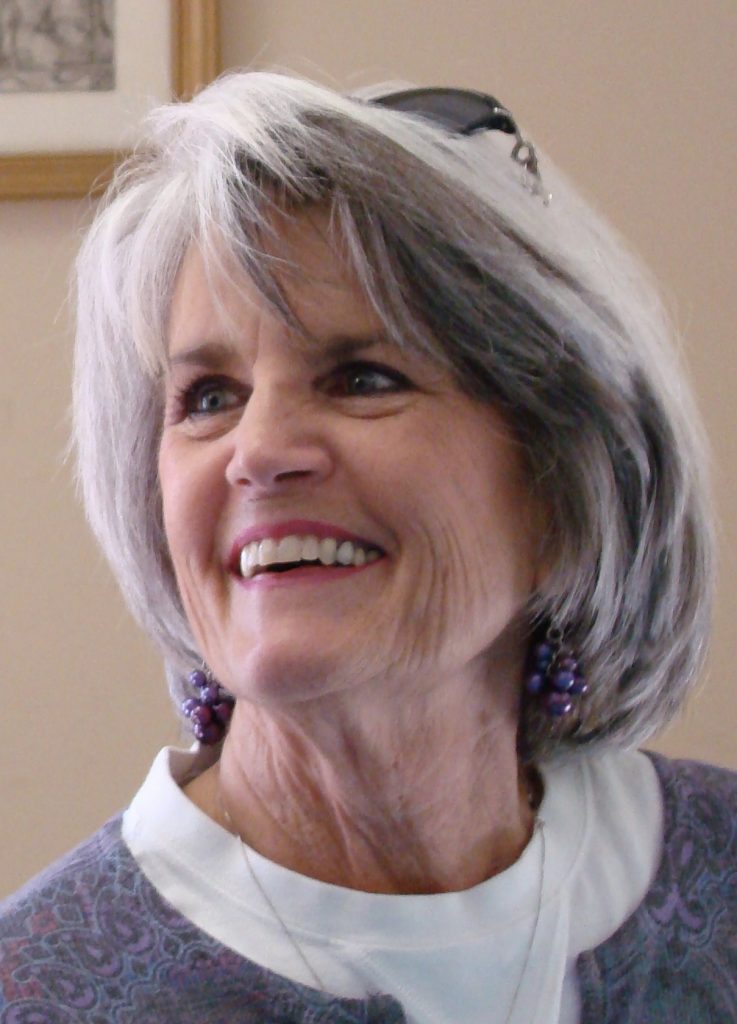
If one man pushes an old lady in front of an oncoming bus and another pushes an old lady out of the way of an oncoming bus, it is simply preposterous to describe them both as “the sorts of men who push old ladies around.”
William F Buckley
We’ve come a long way
in 1958, 44 percent of white Americans said they’d move away if a black family moved in next door. Forty years later, that number had dropped to 1 percent. When the Civil Rights Act was passed in 1964, only 18 percent of white Americans said they had a black friend. By 1998, that number was 86 percent.
Jonah Goldberg
Opportunity
We have an opportunity in this moment of our great transformation. We can approach this time as survivors, desperately clinging to our structures and ways of being. Or, we can see ourselves as pioneers, setting out in the face of the unknown to discover new ways to live faith-filled lives. The inevitable decline of our structures gives us the chance to let go of what might hold us back from that adventure. Nothing today will be the same ten years from now. Why not architect the kind of faith movement we want to see twenty-to-fifty years from now? What do we have to lose?
Cameron Trimble, Piloting Church: Helping Your Congregation Take Flight (St. Louis, MO: Chalice Press, 2019), 132.
Self-censorship
The room felt tense. I saw people shift in their seats. Someone got angry, and then everyone seemed to get angry. After the professor tried to move the discussion along, I still felt uneasy. I became a little less likely to speak up again and a little less trusting of my own thoughts.
I was shaken, but also determined to not silence myself. Still, the disdain of my fellow students stuck with me. I was a welcome member of the group — and then I wasn’t.
Throughout that semester, I saw similar reactions in response to other students’ ideas. I heard fewer classmates speak up. Eventually, our discussions became monotonous echo chambers. Absent rich debate and rigor, we became mired in socially safe ideas.
By Emma Camp
Woman at the well
The issue here is how men have read the story about her marriages, as if she was some unfaithful woman. But, she didn’t divorce. Men did. Maybe this was being passed around by five men in a levirate marriage custom. Nor is there indication her question about the temple is a smoke screen. She’s a victim and she’s been revictimized by Christian readers about her. She was unmarried. That’s a source of shame. No one would have her. Jesus sees this woman and makes an instrument of gospeling.
Jesus changes her question from Where do we go to worship? to Where does God go to get worshipers? God’s claim is on the world; not on one mountain in one place.
And Jesus is the well of water that satisfies. Drinking of his water gives them water to offer to others, which the Samaritan woman does and brings them to the well to drink from the source.
Scott Mc Knight
Back in the day
We knew who we were by where we were when there was a junior or senior high dance going on. Someone among us once quipped that our youth leaders were against sex because they were afraid it might lead to dancing.
Scott McKnight
Ask Amy: Our son and his wife just told us they’re polyamorous
Amy DickinsonMarch 7, 2022 at 12:00 a.m. EST
They told us they are involved in polyamorous relationships where each has another partner, lover or person they each spend a lot of time with outside of the marriage.
We are having a hard time understanding this choice and accepting what this will mean for our relationship going forward, and for our larger family. We are the only family members they have shared this information with so far, and we are sworn to secrecy.
They may have eased their consciences by telling us, but now we are left with troubling and unsettling information and no place to go with it. We assured them that we will never stop loving them, but this is awkward for us.
What can we do to ease our troubled minds?
Bewildered:
Let’s start by talking about divorce. Not that long ago, divorce meant a total severing of a relationship. But then Gwyneth Paltrow and Chris Martin highlighted the concept of “conscious uncoupling,” where a couple ceases to be married, but continues to love one another, even as they move on to other relationships.
You may define marriage as monogamy until divorce or death, but as people explore their freedom to redefine the boundaries of what it means to be married, they may choose “ethical non-monogamy,” which is where they remain lovingly married, but are free to engage in other romantic relationships in a way that they believe is open and honest. They don’t define this as infidelity. It is about consensual relationships.
In my opinion, the important question is how these polyamorous relationships will affect children growing up in families with three or four adults who all identify as parents and partners. If all the adults are stable, loving, and committed to the children, then I imagine the kids will be fine.
Take a breath, do some reading about polyamory, and understand that you define marriage one way, while they define it differently.
Unless you and they are religious, this doesn’t make it “wrong.” It just makes it “what is.”
This is their life and their choice, and if they want to remove the taboo surrounding polyamory, you should discourage them from defining this as a deep, dark family secret.
They (not you) can explain themselves to other family members when the time comes, and yes — it’s bound to be awkward … until it isn’t.
A LOOK BACK
Life is a journey. We will never arrive at “some particular place” that promises peace and safety, short of our promised home in eternity with God. Life as a journey is filled with transitions. Transition is not about just doing better what we have been doing but it is about beginning something we have never done before. Transition brings both an ending and a beginning.
GE 2006
A New Birth
Feb. 26th, 2006 |
This past Friday evening our grandson Kyle Gabehart was baptized. As his family looked on his dad Byron baptized him. Kyle is a wonderful grandson who has the heart of a servant. He is very serious about his decisions and was clear about his desire to have his sins forgiven.
As is always the case when a young child (Kyle is 9 years old)wants to be baptized, the nagging question of whether they “know” enough to be baptized comes up. The question, while legitimate, is mostly a product of our Enlightenment mind-set which is centered in knowledge and education. The problem is that just answering that question does not address the heart of the matter.
I was thinking about the blind man who cried out to be healed and Jesus asked him “What do you want me to do for you?”. Did he know enough to be healed? Was he knowledgeable about the requirements of the law or the implications to his life after he was healed? I think not. Why should we expect any more from a child who has begun to feel the pain of their rebellion and wants to be forgiven?
Incompetent
March 5, 2005
For the last few days we have been enjoying Disney World with grandkids and their family. One of the things that has struck me is the crowds with their great diversity …appearance, speaking, attitudes, social standing. I am also struck by the lack of resemblance to myself, at least as I perceive myself. I have thought about those people. How could I possibly “share the Good News”? What would I say? How and where could it be said? Quite frankly, I am fearful and feel completely incompetent.
STILL ON THE JOURNEY







